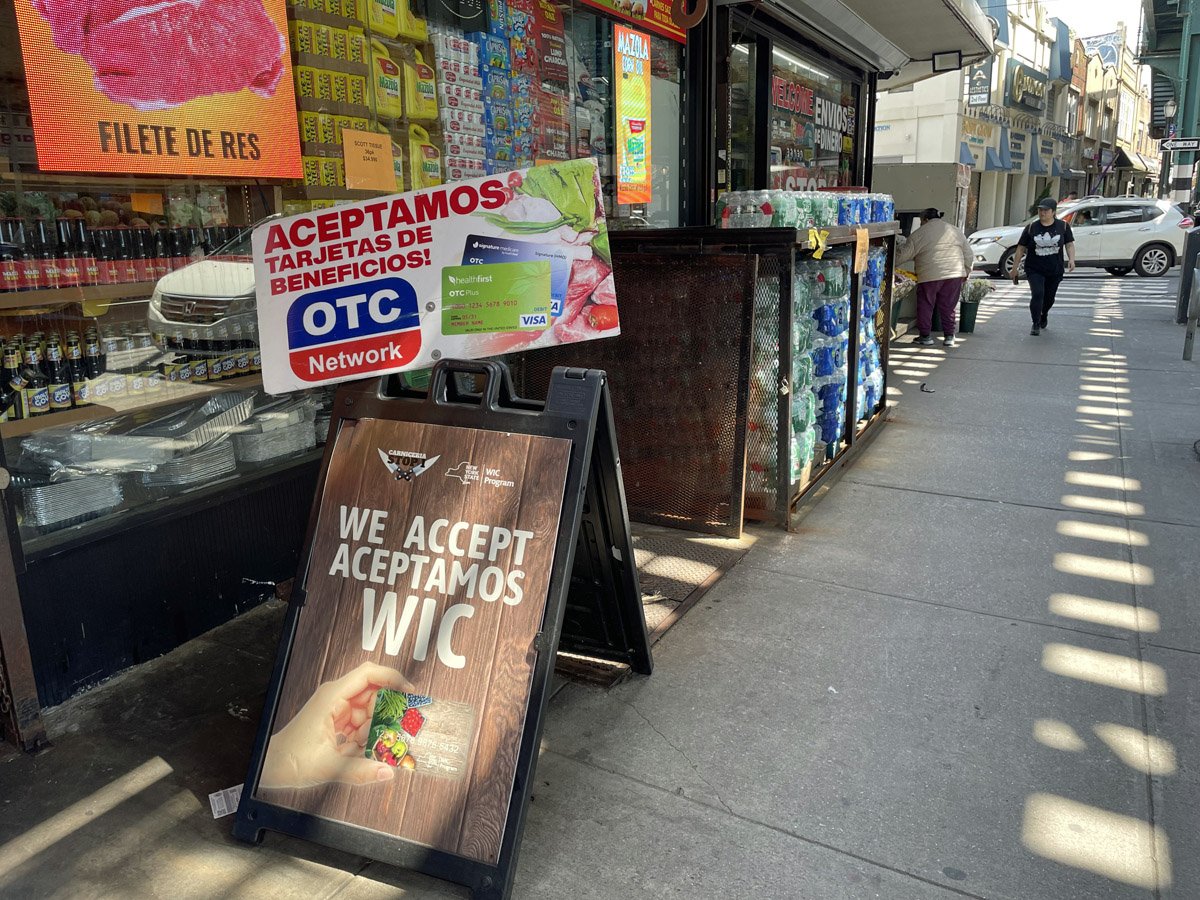Coda
With the American system collapsing under authoritarian rule—it remains to be seen what the situation will be in 2028—I had the word coda in mind as a theme for my journey: the concluding part of a musical movement or dramatic work. I felt a disconnect between the political reality and this vibrant, super multicultural city. Being in New York doesn’t feel like an era has ended. Tourism seems as strong as ever.
But something has changed. Eliot Higgins, founder of Bellingcat, said: “We built 20th-century democracies on the assumption that truth could be verified, and those in power could be held accountable. But the systems those assumptions relied on are in decline. In their place: an algorithmic chaos where every citizen is a broadcaster, every feed a battleground.”
We can only hope the 2028 elections, or 2026 midterm elections, will be fair because voters have the power for change.
On my last day, I had only the morning to spend in Queens before heading back to JFK.
The last time I had a haircut was more than five months earlier, in Indonesia. It was Sunday morning, but many hairdressers on Jamaica Avenue were already open. They all seemed to be from the Dominican Republic. I usually let the barber decide my haircut, and this was no exception. He asked if I wanted my beard trimmed too, but I said, “Just my hair.” After the haircut, he trimmed my beard anyway but didn’t charge the extra $10, which was kind of him. In the past three years, I’ve only had haircuts while traveling—in Saudi Arabia, Moldova, Ukraine, Indonesia, and now Queens. “I will make you look beautiful,” he said before he started.
My morning croissant and black coffee cost just $5 in Queens, about half the price compared to Manhattan. I left a one-dollar bill in the tip jar. Everybody else did a grab-and-go and left the store without taking a seat.
In Queens, there’s a strange juxtaposition between what looks like low income housing on Jamaica Ave and apparent wealth. The streets perpendicular to Jamaica Ave look quite affluent, with townhouses and nice cars. This is just a few hundred meters from the subway overpass.
Then there’s Forest Park with its Strack Pond, a glacial kettle pond. Suddenly, the city fades away, and you’re left with a glimpse of the massive glacier that once covered the area during an Ice Age. While writing this post, I tried visiting a few websites to find out which Ice Age created the pond, but I was met with this message: We recognize you are attempting to access this website from a country belonging to the European Economic Area (EEA) including the EU which enforces the General Data Protection Regulation (GDPR) and therefore access cannot be granted at this time.
Back on Jamaica Avenue, reality set in. Many Americans struggle to make ends meet. The WIC program in New York is the state’s implementation of the federal Special Supplemental Nutrition Program for Women, Infants, and Children (WIC), administered by the USDA’s Food & Nutrition Service. In New York, U.S. citizenship is not required to qualify. The Trump administration proposed cutting WIC funding by $300 million in 2026. Additionally, the Cash Value Benefit (CVB) — used to buy fruits and vegetables for children — would be reduced from $26 to $10 per month. As of this moment of writing, the 2026 budget has not yet been approved.
After taking the subway to Sutphin Blvd-Archer Ave, I spent my last dollars on lunch at Viña Del Mar, a Salvadoran restaurant. El Salvador became notorious when Trump began deporting migrants without due process directly to the Terrorism Confinement Centre (Cecot), a mega-prison that President Nayib Bukele called the largest in the Americas. “It’s like Guantánamo on steroids,” said Juan Pappier, Human Rights Watch’s deputy director for the Americas.
I had no prior knowledge of Salvadoran cuisine, but they made a fine chicken soup for $10. Thankfully, it was made with bone-in chicken. Pupusas are filled corn tortillas, so I tried one filled with pork rinds and cheese for $2.50. The juice was made from tamarind. The pre-tax lunch cost $15.50, which was very reasonable for the quality.
At JFK, my KLM Dreamliner was waiting for me. But after I arrived home in Amsterdam, I read in The Guardian that ecologists are warning of a “new era” of ecological collapse due to the rapid decline of insects. “The hum of wild bees has faded, and leaves that should be chewed to the stem hang whole and un-nibbled.” It’s not just pesticides; a clear culprit is emerging: global heating. “Insects can’t hold water. Even a brief drought lasting just a few days can wipe out millions of humidity-dependent insects.” ‘Half the tree of life’: ecologists’ horror as nature reserves are emptied of insects
I’ve noticed that the little pond in my father’s backyard, which used to buzz with many insects, is now silent. Two weeks ago, I saw only one type of bumblebee. Gone are the honeybees, butterflies, dragonflies, ladybugs, and cockchafers. That is another coda to contemplate.













